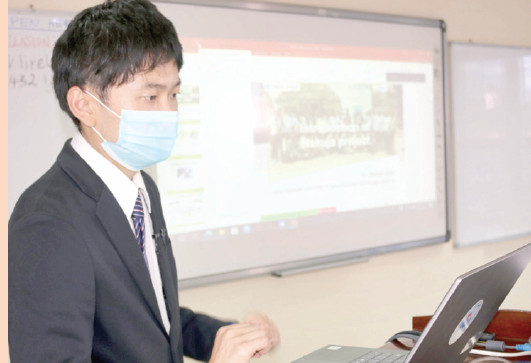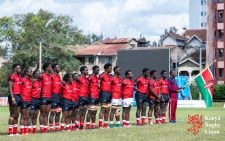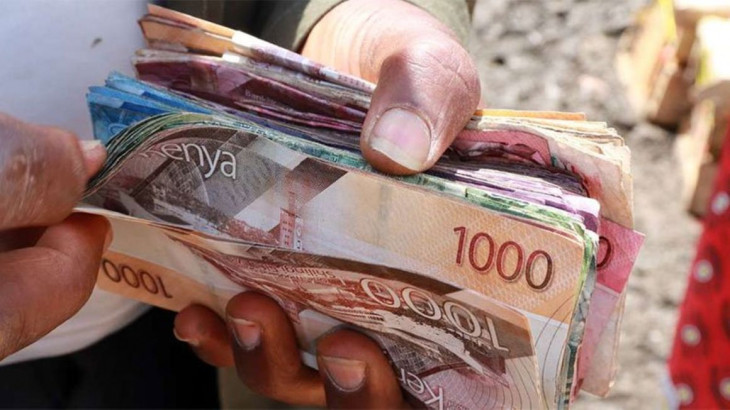Students’ innovations hit new milestones

Jomo Kenyatta University of Agriculture and Technology (JKUAT) engineering students have hit new milestones in their bid to launch a rocket into space and electrify tricycle wheelchairs and tractors.
Under the projects dubbed ‘Jibebe’ and ‘Nakuja’, a group of 31 students recently unveiled their successful prototypes during an event organised by Africa-ai-Japan Project. The two projects are multidisciplinary research collaborations comprised of students drawn from various universities.
‘Jibebe’, which is made up of JKUAT and Pan African University Institute for Basic Sciences, Technology and Innovation (PAUSTI) students, set out to electrify tricycles and JKUAT-owned Shujaa tractor. ‘Nakuja’ that comprises students from JKUAT, Kenyatta University and Kenya Space Agency (KSA), set their sights on developing and launching a liquid rocket that can bring Nano-satellite into low earth orbit by 2024.
While pledging full support for the project, JKUAT Vice Chancellor Prof Victoria Ngumi said the projects could not have come at a better time, with the world shifting its focus to green energy in bid to improve air quality.
She quashed the notion that universities have increasingly become ivory towers explaining that “the outputs of this project will be commercialised to showcase the successful business incubation from university research.”
Reporting on the innovations progress, the projects lead Dr Shohei Aoki of Africa-ai-Japan (pictured) said ‘Nakuja’ project has managed to develop and launch two rockets namely the N-1, which rose to an altitude of 32 meters, and the N-2 that was launched recently with a target altitude of 500 meters.
He added that further plans were underway to launch another rocket known as N-3, with the aim to achieve a much higher target altitude. “Jibebe project aims to deliver both a production ready electric tricycle and the first fully autonomous electric tractor with self-tilling capabilities,” he said.












